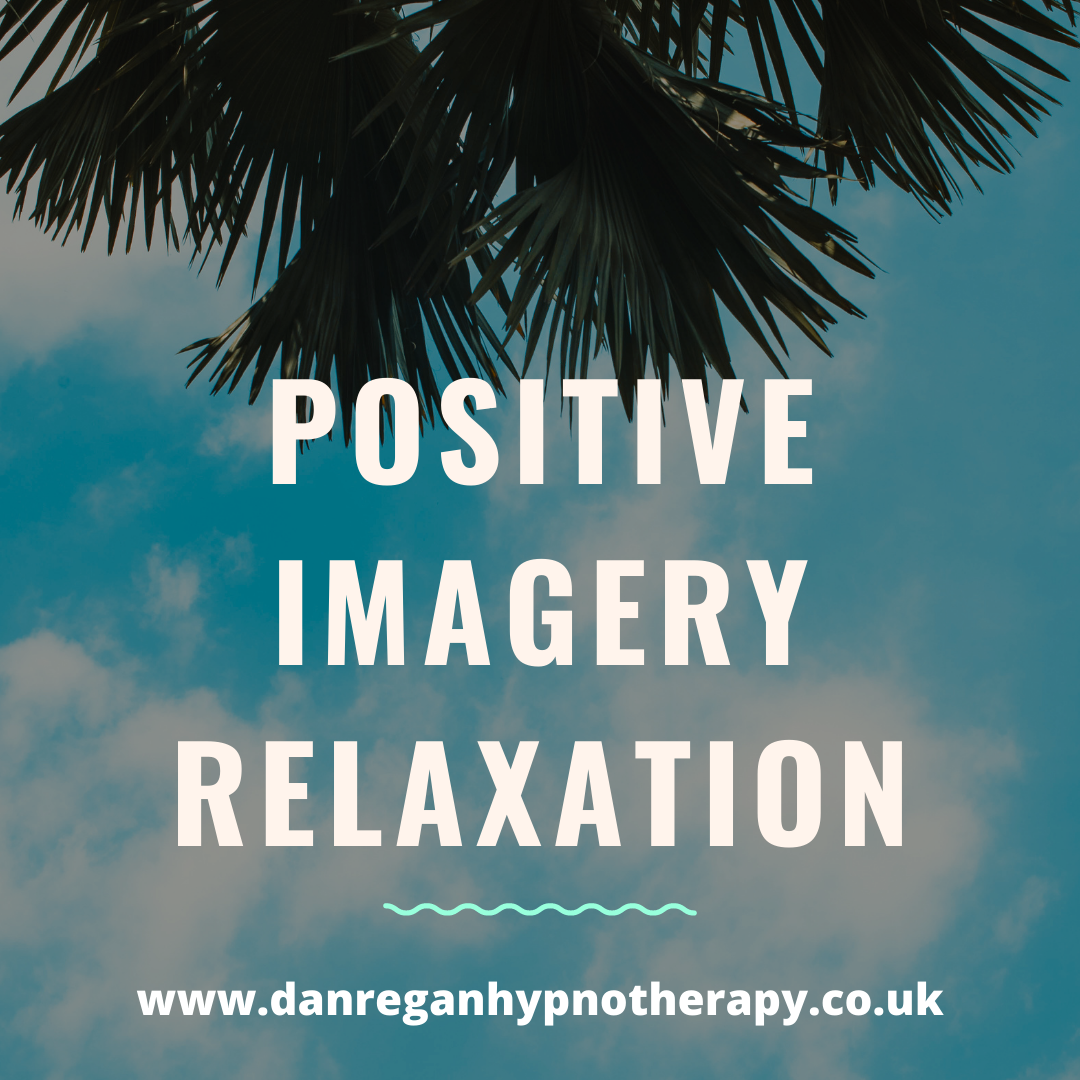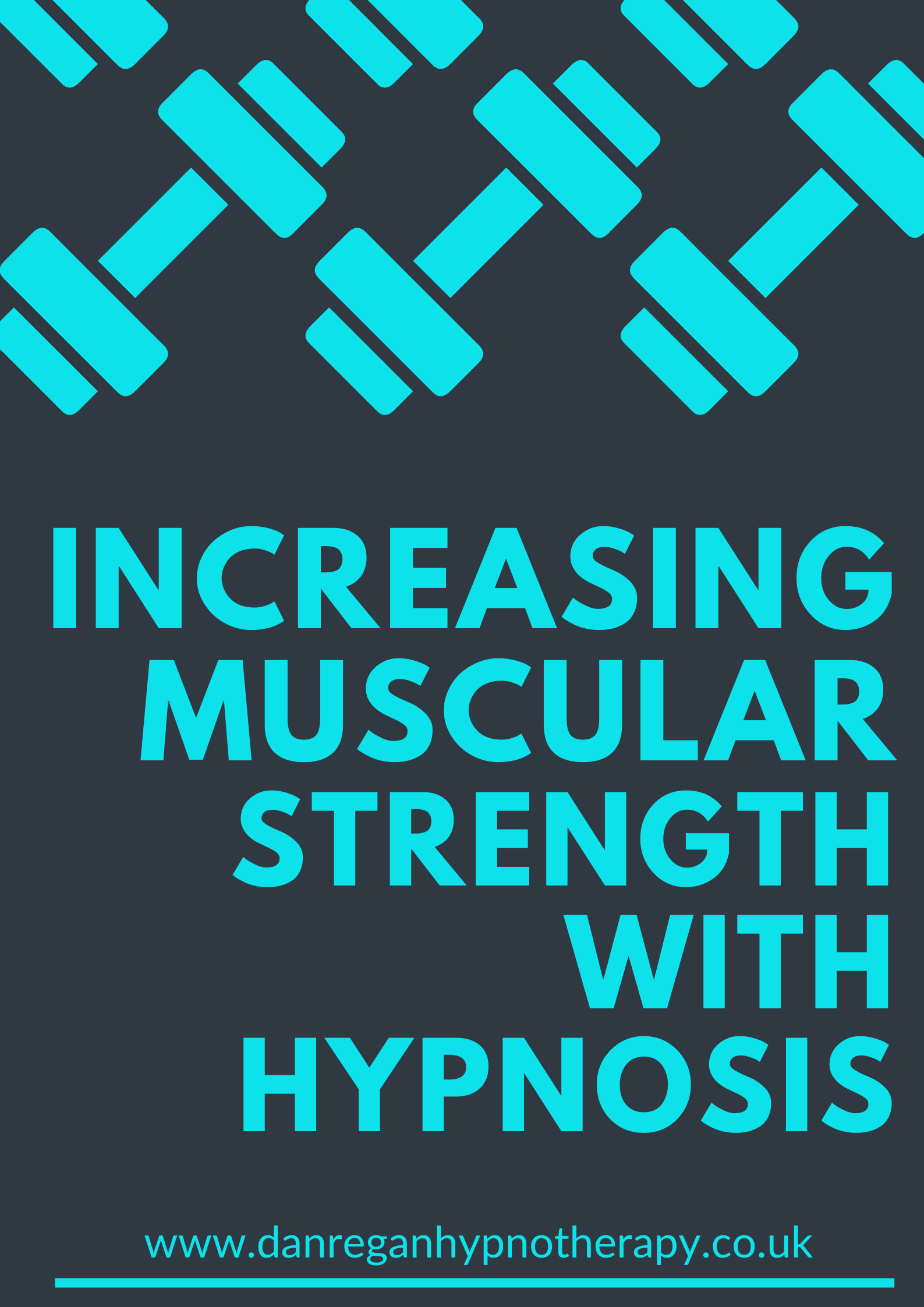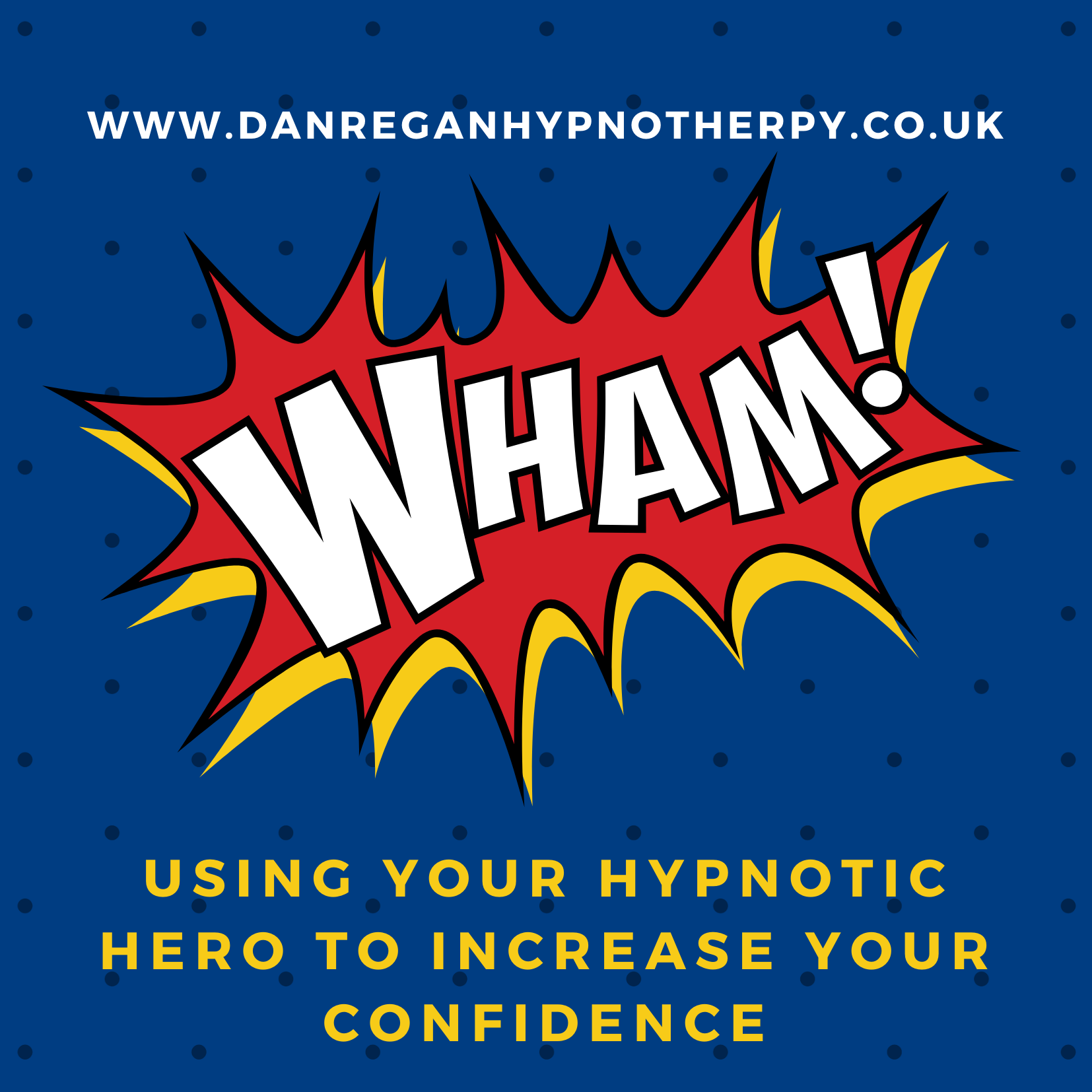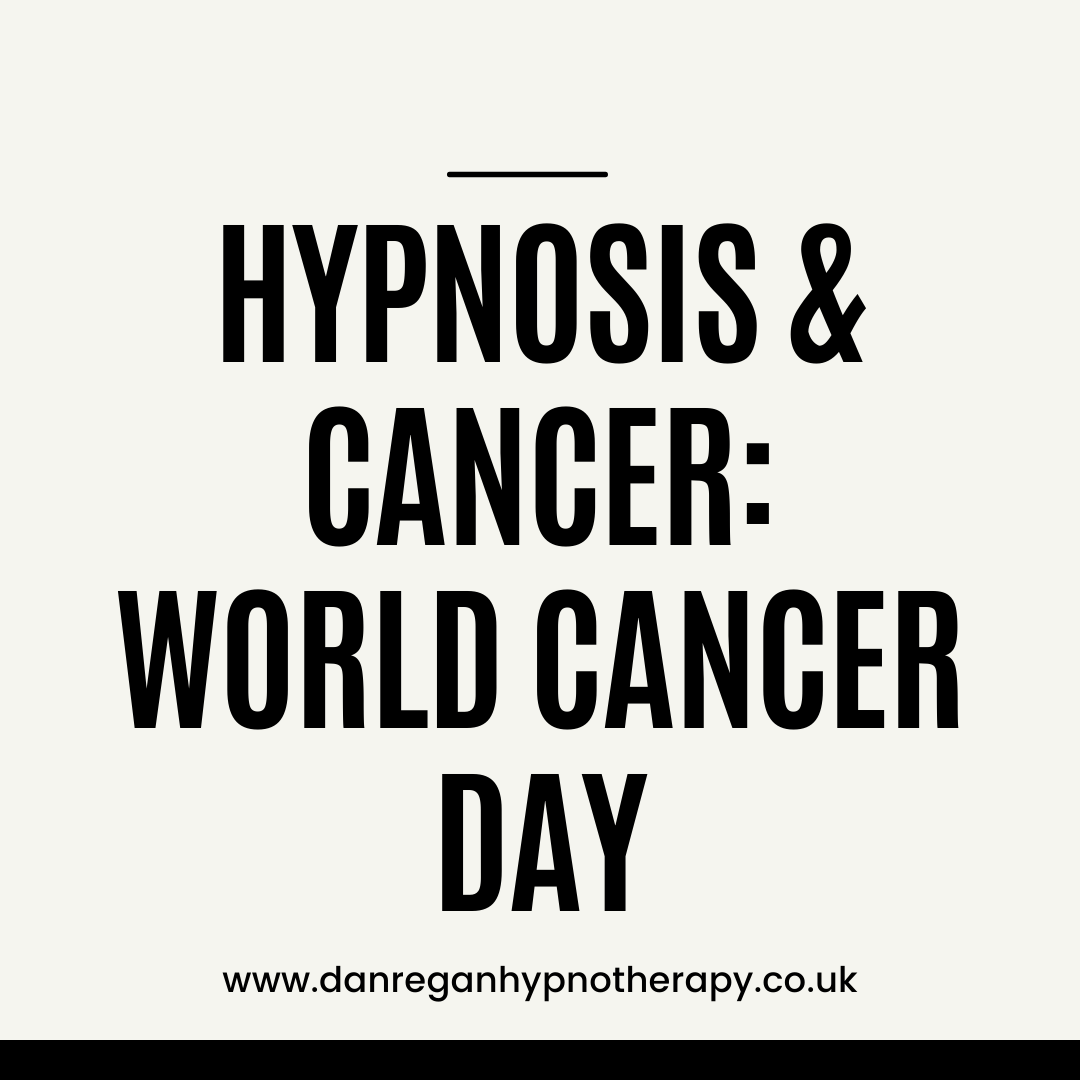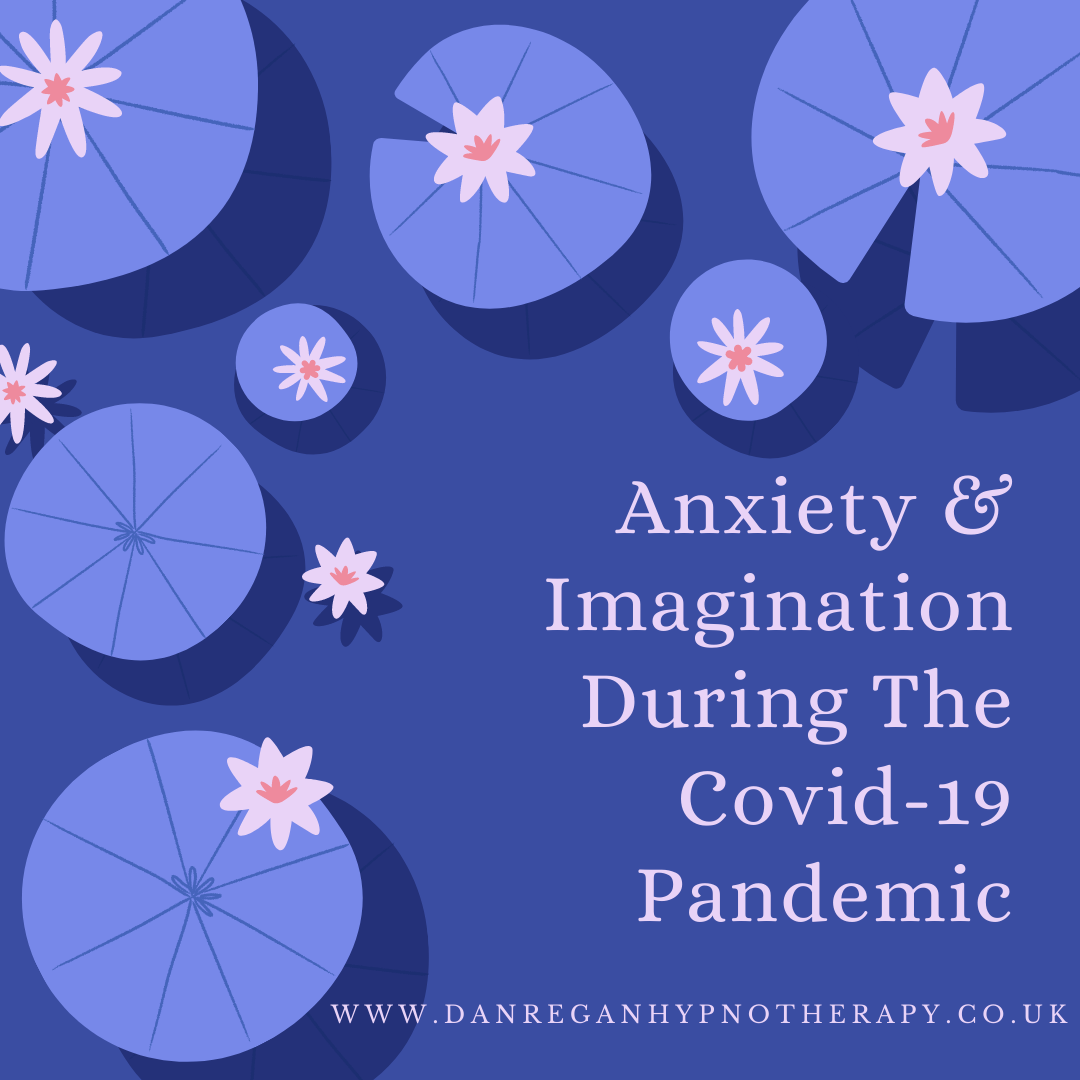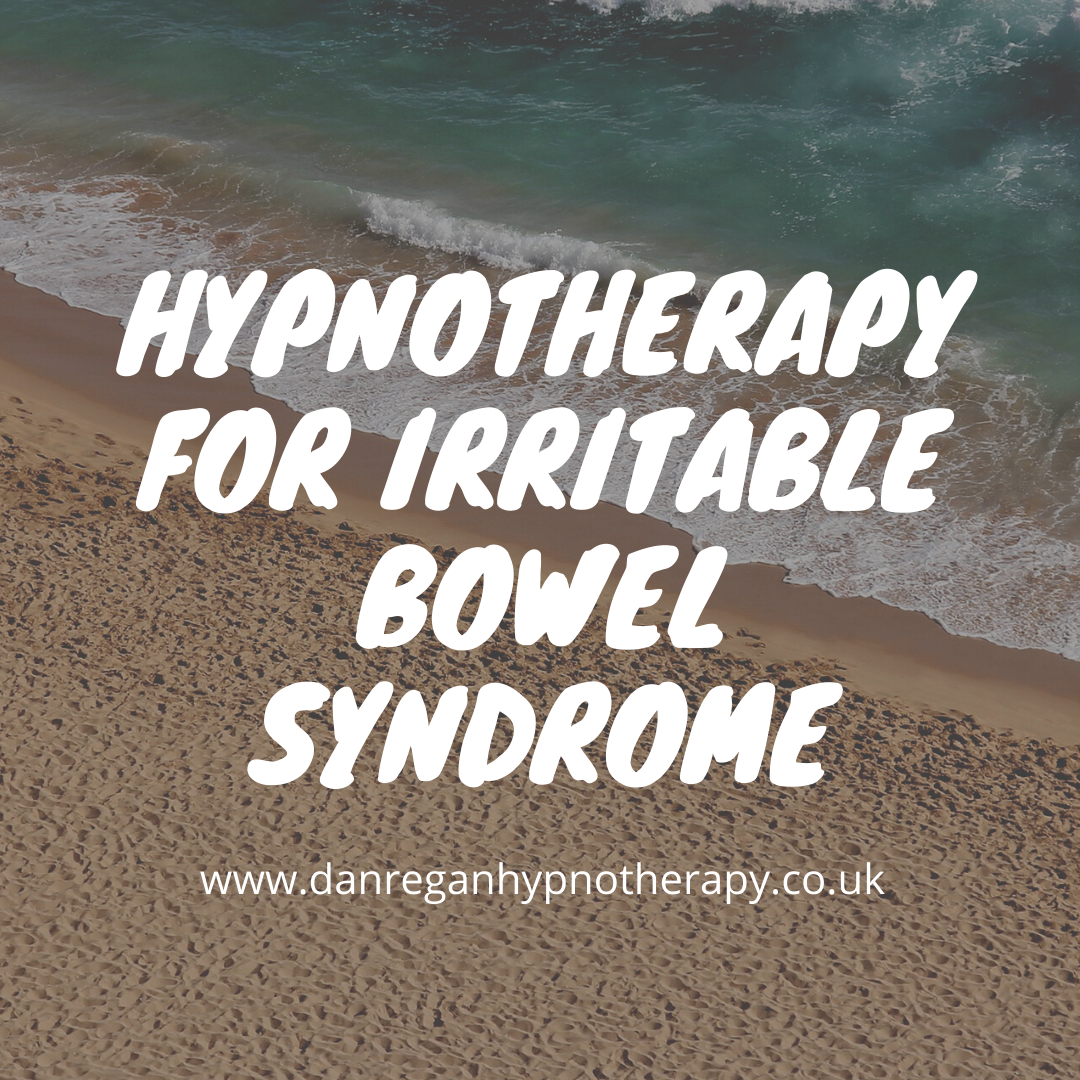Required
Positive Imagery Relaxation For Anxiety and Stress Relief
Positive Imagery Relaxation For Anxiety and Stress Relief
As the rain and wind batter my office window, how I wish I could be back in the sunny, relaxing New Forest. Last year, we headed over to the New Forest for a family holiday and it was one of the most calm and relaxing experience that I can remember. To avoid the heat I would rise early, get my trainers on and head out into the forest.
I just loved the quietness and the tranquility of being around nature, watching the wild horses and deer, exploring green paths and being in no hurry to be somewhere else. It was pure bliss (perhaps apart from the time I got lost in the forest for a few hours!!). I think we all love getting away from our usual routines and the demands of everyday life and having some quality time to switch off and unwind.
And let’s face it, with the busy lives we all live, where there’s always something else that needs doing and where we can feel mentally connected and switched on from the moment we wake, it can be hard to find time to relax well. Whether you want to combat anxiety and stress, curb overthinking, sleep better, perform better cognitively or just feel better physically and mentally, then taking time to relax is important. Yet it often seems like the thing on your to do list that you never get to and that gets sacrificed for other things.
And whilst many of us find time to relax physically, such as watching a good film, our mind is still whirring away and busy with it all. And, of course, you don’t want to have to wait until you go away to mentally feel better. You can easily build it into your day and, by making it a priority to take care of yourself, you’ll likely find yourself feeling more uplifted in your mood, more calm and relaxed, more able to think clearly and make good decisions and more free of tension and stress.
Even better, relaxation is a skill that you get better at through deliberate practice. So whatever your starting point, you will get better at being mentally calm and physically relaxed and those positive benefits will reverberate into every aspect of your life.

